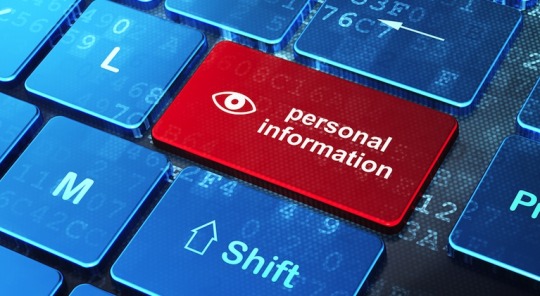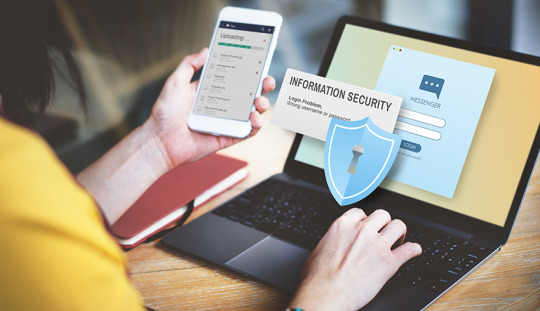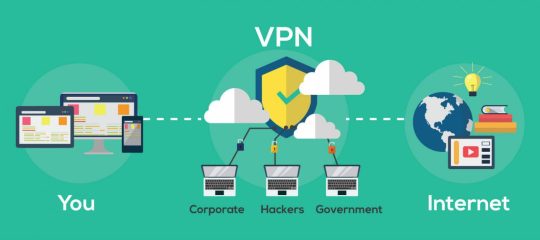Text
Hi everyone! We would like to share to you our vlog
0 notes
Text
Ways how to protect your personal information

0 notes
Text
Here are some ways on how to protect your personal information.

Data Privacy and Security
Why are data privacy and security important?
How can we improve our data privacy and security?
Data Privacy and Security
Data privacy and security are two interrelated concepts that affect how we use and protect our personal information online. Data privacy refers to the right to control who can access, use, and share our data, and how they can do so. Data security refers to the measures that are taken to prevent unauthorized access, use, or disclosure of our data, such as encryption, authentication, and backup.
Why are data privacy and security important?
Data privacy and security are important for several reasons. First, they help us protect our identity, reputation, and personal safety from cybercriminals who may want to steal, misuse, or harm us with our data. Second, they help us exercise our rights and freedoms in the digital world, such as freedom of expression, association, and information. Third, they help us maintain trust and confidence in the online services and platforms that we use every day, such as social media, e-commerce, and banking.
How can we improve our data privacy and security?

There are many ways that we can improve our data privacy and security online. Here are some tips:
Be aware of the data that you share online and how it is collected, used, and stored by the websites and apps that you use. Read their privacy policies and terms of service carefully before agreeing to them.

Use strong passwords and change them regularly. Do not use the same password for multiple accounts or services. Use a password manager to store and generate your passwords securely.

Use two-factor authentication (2FA) whenever possible. This adds an extra layer of security to your accounts by requiring a code or a device in addition to your password to log in.

Use encryption to protect your data in transit and at rest. Encryption scrambles your data so that only authorized parties can read it. Use encrypted messaging apps, email services, and cloud storage providers that offer end-to-end encryption.

Use a virtual private network (VPN) when connecting to public or unsecured Wi-Fi networks. A VPN creates a secure tunnel between your device and the internet, hiding your IP address and location from prying eyes.

Update your devices and software regularly. This helps you fix any security vulnerabilities or bugs that may expose your data to hackers.

Be careful of phishing emails and messages that try to trick you into clicking on malicious links or attachments or giving away your personal or financial information. Do not open or respond to any suspicious or unsolicited messages. Verify the sender's identity and the legitimacy of the message before taking any action.

1 note
·
View note